2019 IEEE Real-Time Systems Symposium (RTSS)
时间:2019-12-03 09:00 至 2019-12-04 18:00
地点:田纳西州

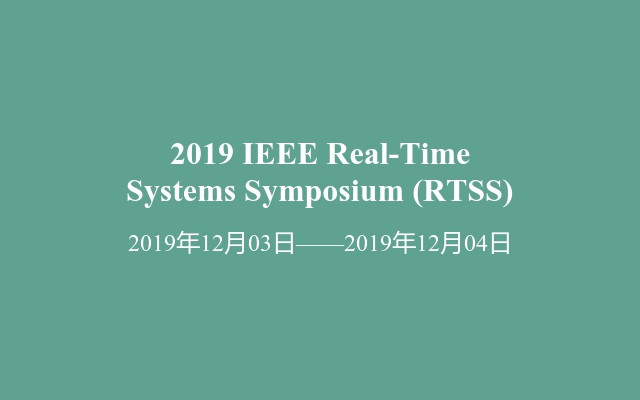
|
2019 IEEE Real-Time Systems Symposium (RTSS) 已截止报名会议时间: 2019-12-03 09:00至 2019-12-04 18:00结束 会议地点: 田纳西州 详细地址会前通知 None 周边酒店预订 主办单位: France UK and Inria University of York Robert I. Davis |
 会议内容
会议内容
The IEEE Real-Time Systems Symposium (RTSS) is the premier conference in the field of real time systems, presenting innovations with respect to both theory and practice. RTSS provides a forum for the presentation of high-quality, original research covering all aspects of real-time systems, including theory, design, analysis, implementation, evaluation, and experience. RTSS’18 continues the trend of making RTSS an expansive and inclusive symposium, looking to embrace new and emerging areas of real-time systems research.
初稿截稿日期:2019-05-30
SCOPE OF THE CONFERENCE
The IEEE Real-Time Systems Symposium (RTSS) is the premier conference in the field of real-time systems, presenting innovations with respect to both theory and practice. RTSS provides a forum for the presentation of high-quality, original research covering all aspects of real-time systems, including theory, design, analysis, implementation, evaluation, and experience. RTSS’18 continues the trend of making RTSS an expansive and inclusive symposium, looking to embrace new and emerging areas of real-time systems research.
RTSS’18 welcomes submissions in all areas of real-time systems research, including but not limited to operating systems, networks, middleware, compilers, tools, modelling, scheduling, QoS support, resource management, testing and debugging, design and verification, hardware/software co-design, fault tolerance, security, power and thermal management, embedded platforms, and system experimentation and deployment experiences.
In addition to the main real-time track (Track 1), submissions are also welcomed in the specialized areas of Cyber-Physical Systems, HW-SW integration and system level design, and Internet of Things (IoT). Together, these specialized areas comprise the CPS/HW-SW integration/IoT track (Track 2).To be in scope, all submissions must address some form of real-time requirements.Details of the tracks can be found below.
All accepted papers will appear in the main program and proceedings. A selection of papers will receive recognition as outstanding papers, and will be highlighted as such in the proceedings. Best paper and best student paper awards will be presented at the conference, along with an award for the best presentation. Authors of outstanding papers will be invited to submit an extended version of their work to a special issue of a journal.(Note that submissions are eligible for the best student paper award provided that the first author is a student as of the submission deadline).
Clickhereto go to the submissions page.
MAIN REAL-TIME TRACK (TRACK 1)
The objective of this track is to promote research on new and emerging topics of real-time systems research. Areas of interest include, but are not limited to the following: operating systems, networks, middleware, compilers, tools, scheduling, QoS support, resource management, testing and debugging, design and verification, modelling, WCET analysis, performance analysis, fault tolerance, security, power and thermal management, embedded platforms, and system experimentation and deployment experiences. To be in scope, submissions must address some form of real-time requirements.
CPS/HW-SW INTEGRATION/IOT TRACK (TRACK 2)
This track comprises three specialized areas:
Cyber-Physical Systems
As computation and communication elements become faster, cheaper, smaller and more pervasive, they are being increasingly embedded in physical world structures. Cyber-physical systems (CPS) are physical and engineered systems whose operations are controlled, coordinated and monitored by such computing and communication elements. The objective is to realize new systems with unprecedented capabilities. Applications of CPS can be found in diverse, yet critical, areas such as transportation (automobiles, avionics, space vehicles, railways, unmanned vehicles, etc.), critical infrastructures (power grids, smart buildings and cities, bridges, etc.), healthcare (medical devices, healthcare management networks, tele-medicine, remote surgery and even implantable and biomedical devices) and industrial control (manufacturing plants, power plants, etc.). Many applications in the CPS domain possess real-time requirements. Papers are welcomed that identify scientific foundations and technologies that advance the state-of-the-art for cyber-physical systems. Topics of interest include (but are not limited to), new theories for CPS, design methods, simulation/emulation for CPS, tools chains, CPS architectures, security and privacy, hardware/software composition that include the physical components, analysis techniques and tools especially those with multiple temporal and spatial scales, performance analysis, robustness and safety. To be in scope, all submissions must address some form of real-time requirements.
HW-SW Integration and System Level Design
This area focuses on design methodologies and tools for hardware/software integration and co-design of modern embedded systems for real-time applications. Such systems are increasingly complex and heterogeneous, both in terms of architectures and applications they need to support, so new approaches aimed at their efficient design and optimization are in great demand. General topics include various architecture and software-related issues of embedded systems design which include (but are not limited to) architecture description languages and tools, hardware architectures, design space exploration, synthesis and optimization. Of special interest are SoC design for real-time applications, special-purpose functional units, specialized memory structures, multi-core chips and communication aspects, FPGA simulation and prototyping, software simulation and compilation for novel architectures and applications, as well as power, timing and predictability analyses. To be in scope, all submissions must address some form of real-time requirements.
Internet of Things (IoT)
The proliferation of smart devices that unify sensing and communication with distributed computation and can be closely integrated into the surrounding environments has recently stimulated the rapid development of Internet of Things (IoT), which has a wide range of applications including infrastructure monitoring (railways and bridges, electric grids, water management), smart city development (transportation and traffic control, emergency response and medical care) and industrial automation. Grand challenges include extremely constrained resources (energy supply, storage and computational power) in IoT devices, unprecedented scalability requirements as well as uncertain dynamics in their operating environments. Submissions are welcomed that build on solid theoretical foundations, present empirical development, and experimental evaluations for empowering IoT applications. Of special interest is research addressing aspects of scalability, interoperability, uncertainty, reliability, security, power management, energy scavenging, architectures, operating systems, middleware & programming abstractions, protocols, modelling, analysis and performance evaluation. To be in scope, all submissions must address some form of real-time requirements.
Submitted papers must describe original work not previously published or concurrently submitted elsewhere. The main body of each submitted paper is limited to10 pages of technical content with additional pages permitted for the bibliography and acknowledgments only. Additionally, each submission may include an optional appendix with supplemental material that may be read at the discretion of the program committee; this appendix is limited to two pages (for up to 12 pages in total of technical content, i.e., content not including the bibliography and acknowledgements). Authors of accepted papers that exceed 10 pages of technical content (due to the inclusion of an optional appendix) may be required to pay a fee for each page of technical content beyond the tenth. Submissions (including the optional appendix) must be formatted according toIEEE conference paper guidelines.
Authors are advised to format their papers so that the case for acceptance is made clear in the main body of the paper (i.e., within the first 10 pages). The optional appendix can be used to provide additional performance graphs or to provide more detailed versions of proofs that are sketched in the main body of the paper.
Papers that are based on previous work presented in a workshop with no digital object identifier (DOI) are eligible for submission. Papers based on a workshop publication with a DOI are eligible for submission, provided they contain at least 30% new material.
Before submitting your paper, please ensure that you read theAuthor FAQs.Authors’ names must appear on all submissions. All submissions will be checked using IEEE CrossCheck plagiarism detection software (iThenticate) and authors’ names checked against the IEEE Prohibited Authors List.
The submission deadline is 23:59 UTC–12 on 31st May 2018.
Although authors will choose which track to submit papers to, a paper may be redirected to a more appropriate track; the authors will be informed if this happens.
UNWANTED REVIEWERS
Authors of papers may optionally indicate PC members that they have a COI with that is outside of the normal scope of COIs (see definition below). This information, including proper reasons for the additional COIs must be communicated directly to the Program Chair in writing prior to the submission deadline. These PC members will not normally be eligible to review the authors’ paper(s). Note the final decision on whether to make this restriction rests with the Program Chair.Note this process should not be used to indicate normal Conflicts of Interest (COI) – see below.
CONFLICT OF INTEREST (COI)
Conflicts of Interest will be flagged by PC members when they bid for papers to review.For the purposes of reviewing papers, PC members have a conflict with a paper, if they and the
authors:
- Had at any time a supervisor/PhD student relationship.
- Are both from the same institution, or have worked at the same institution in the past 3
years. - Are currently working together on a research paper or project, or have done so during the past 3 years.
- Are related, or are close personal friends.
- Are in some form of financial relationship, or have been at some point during the past 3 years.
- Any other reason or circumstance that creates a risk that professional judgement may be unduly influenced.
If a PC member has a COI with any author of a submitted paper, that PC member will not review the submission or take part in its discussion.
AUTHOR REBUTTAL
The peer-review process for RTSS incorporates a rebuttal process. After the PC members complete their initial reviews, the contact author for each submitted paper will be provided with the set of reviews for that submission. Each review might further include a short list of questions for the authors in a clearly marked section.
Authors have 5 working days to prepare and submit a rebuttal answer through the submission system. The rebuttal is strictly limited to respond to factual errors and misunderstanding in reviews, and answering questions raised in the corresponding section of the reviews. The authors are not allowed to add new material/results to the submission.
Note that failing to provide a rebuttal does not lead to an automatic paper rejection. Nevertheless, authors are encouraged to address questions by the reviewers to the best of their ability. PC members are required to consider the rebuttal answer in the final deliberation.
The rebuttal period is Mon 16th – Fri 20th July 2018.
SUBMITTING A PAPER
Before submitting your paper, please check that:
- The paper is formatted according to theIEEE conference paper guidelines.
- The paper complies with the new page limits (described at the top of this webpage).
- The authors’ names appear on the paper.
- The file that you will upload is a PDF.
- You know which of the two tracks (described in theCall for Papers) to submit the paper to.
Note you may revise your submission at any time up until the submission deadline (23:59 UTC–12 on31st May 2018). No changes or extensions will be permitted after that time.
声明:
1、以上会议非活动家网站主办或承办会议,活动家网站学术会议频道会议信息来自于互联网,方便用户了解行业信息,如需参会、报名、获取会议邀请函或会议日程,请直接与学术会议活动主办单位联系。
2、部分会议内容来自互联网,由于网络的不确定性,活动家网站对所发布的信息不承担真实性的鉴别工作,请谨慎选择。若您发现会议页面信息有误,请联系活动家客服028-69761252纠错。
查看更多
温馨提示
酒店与住宿:
为防止极端情况下活动延期或取消,建议“异地客户”与活动家客服确认参会信息后,再安排出行与住宿。
退款规则:
活动各项资源需提前采购,购票后不支持退款,可以换人参加。
 您可能还会关注
您可能还会关注
-
GOPS 全球运维大会 2025 · 深圳站
2025-04-25 深圳
-
QCon上海2025|全球软件开发大会
2025-10-23 上海
-
2024PM产品力领航者大会
2025-05-16 上海
-
AiCon上海2025|全球人工智能与大模型应用峰会
2025-05-23 上海



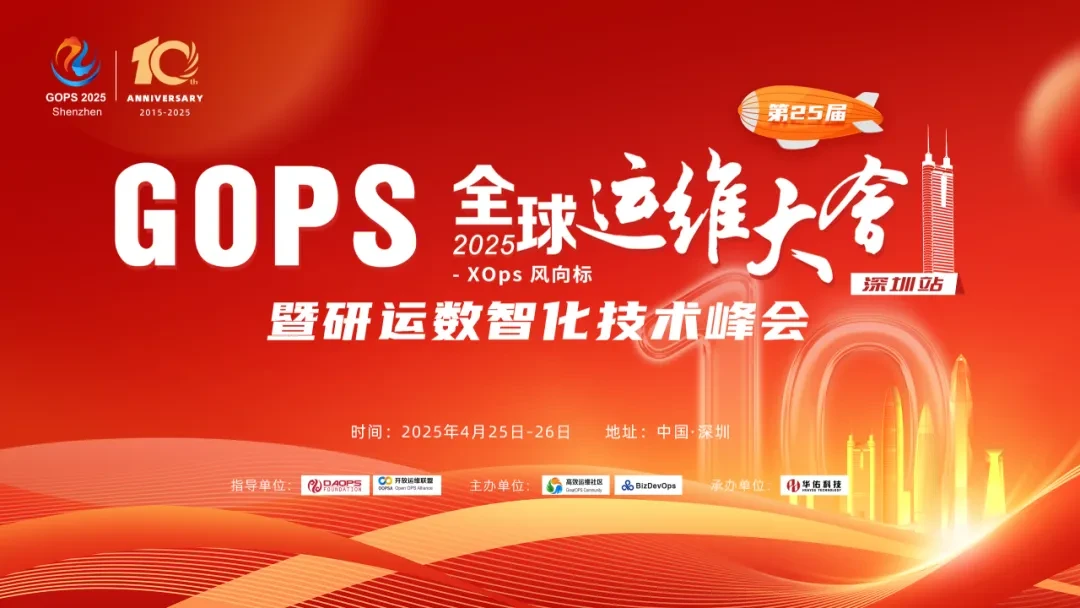
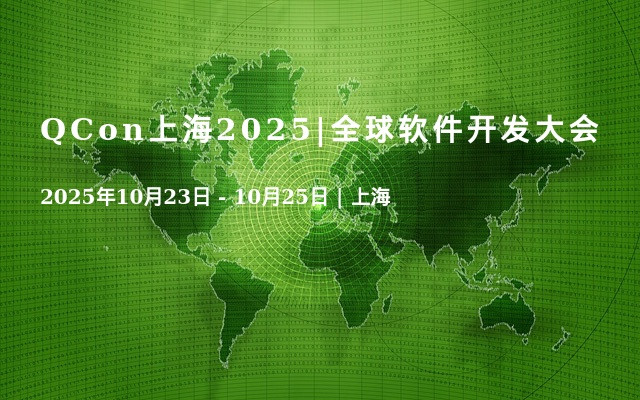

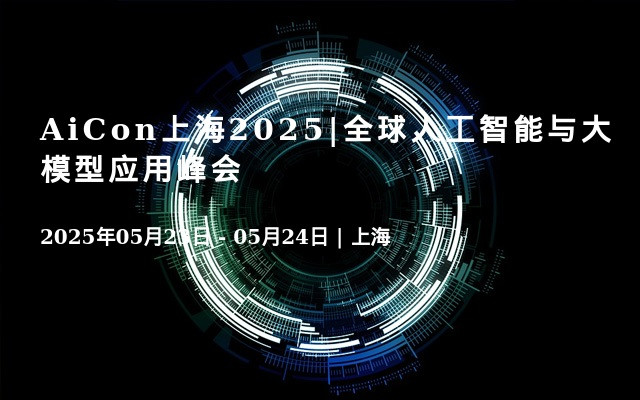

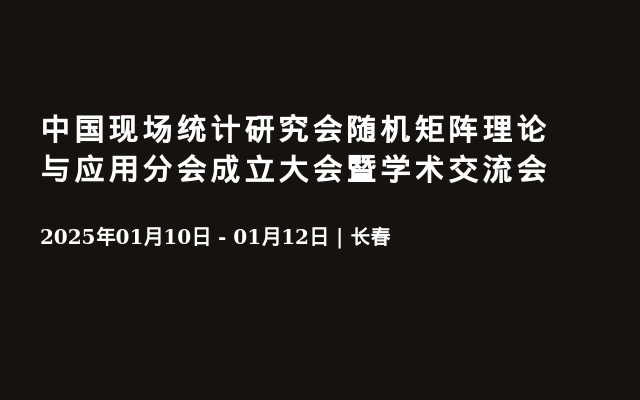
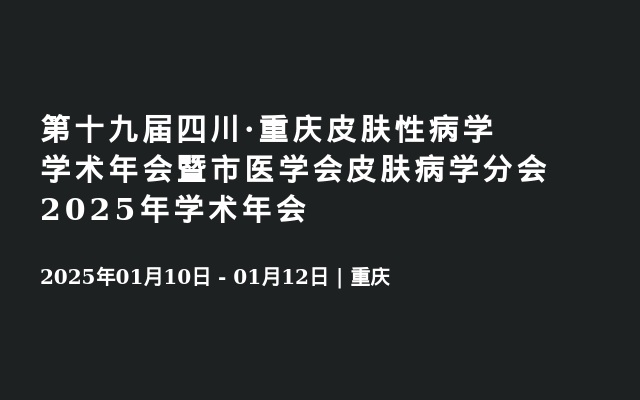
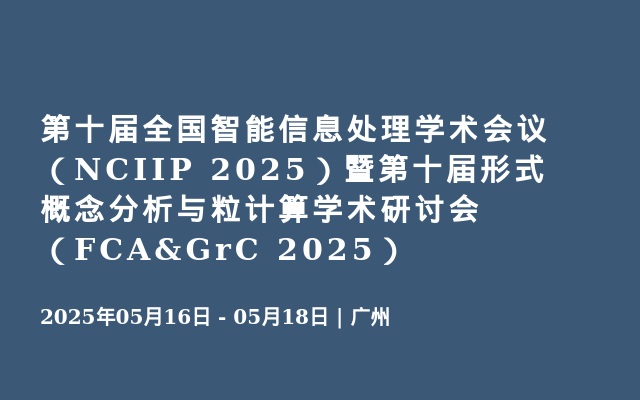



 赞助
赞助